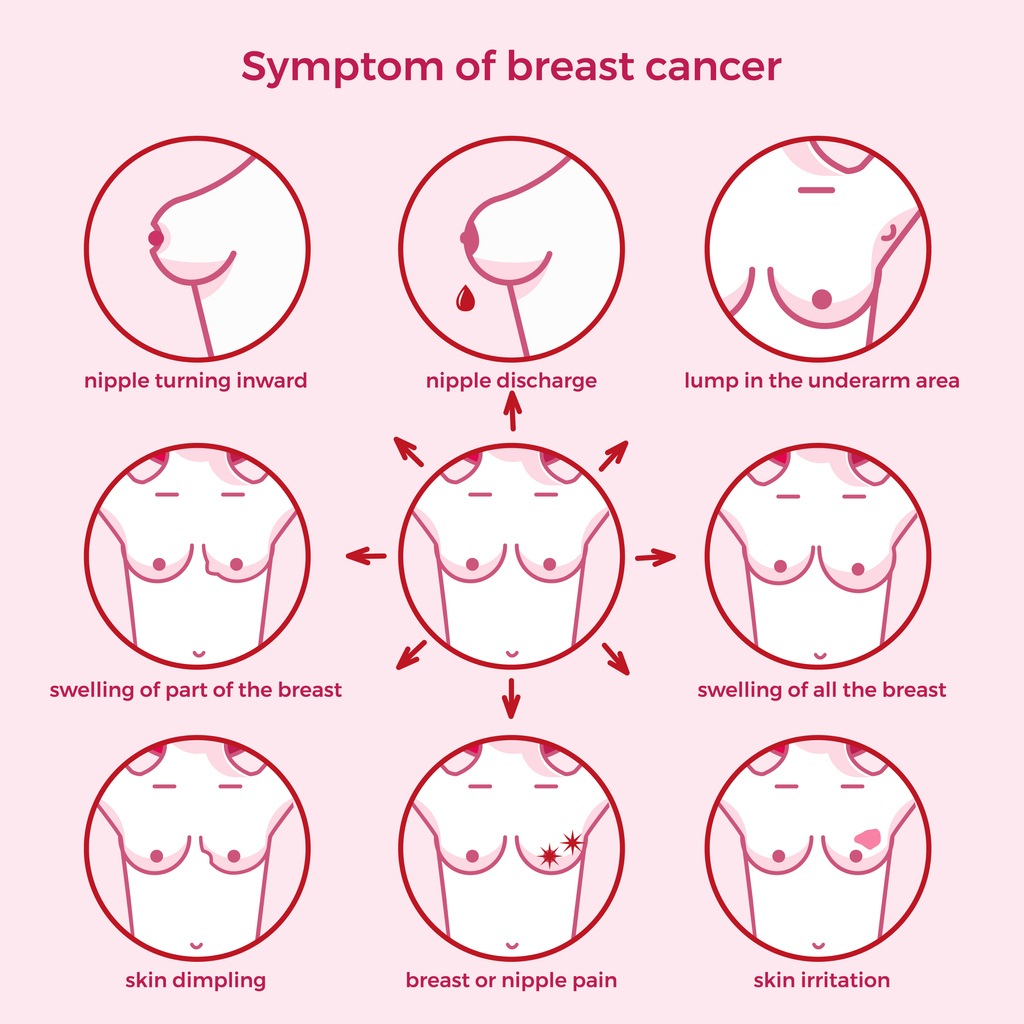
Breast Cancer Prevention
As we all know October is Breast Cancer Awareness month! Breast cancer is an issue that affects hundreds of thousands of women every year. For the month of October, VICI donates a portion of every purchase of a limited edition Pink Ribbon Hand Relief to the Breast cancer research Foundation.

Make sure to take these steps at home to help prevent breast cancer, and to share with every woman who is connected with you. This can save someone’s life.
- Find out family history, if anyone had an eye-opening experience, especially when it comes to cancer.
- Eat healthily, and embrace a diet high in vegetables and fruit for added fiber. Whole grains are another good source of fiber, and it’s even good for the heart too. And never count fruit snacks in this.
- Opt for low-sugar beverages like unsweetened tea over high fructose corn syrup-filled beverages whenever possible. This is an excuse to drink more LaCroix.
- Choose lean meats like chicken and fish, and enjoy red meat in moderation
- Avoid alcohol. As alcohol is associated with an increased risk of breast cancer. Limit yourself to the number of drinks which you have.
- Don’t smoke. Everyone is well aware of the harmful effects of smoking. When it comes to quitting, the benefits are many, and this is just one more
- Exercise regularly. This is the key formula for healthy, strong, long life
- Get a mammogram. It’s not that bad, and if you have a family history, find a lump, or have other concerns, share this with your doctor immediately.
These tips and tricks were summarized from guidance from the American Cancer Society, the Mayo Clinic, and OHS
What is your reaction?
Excited
1
Happy
1
In Love
0
Not Sure
2
Silly
0









